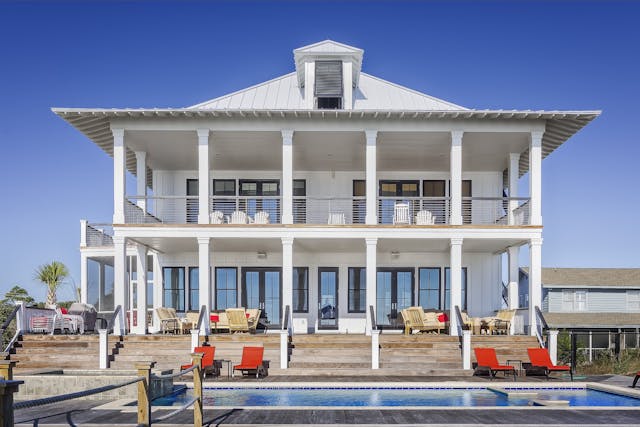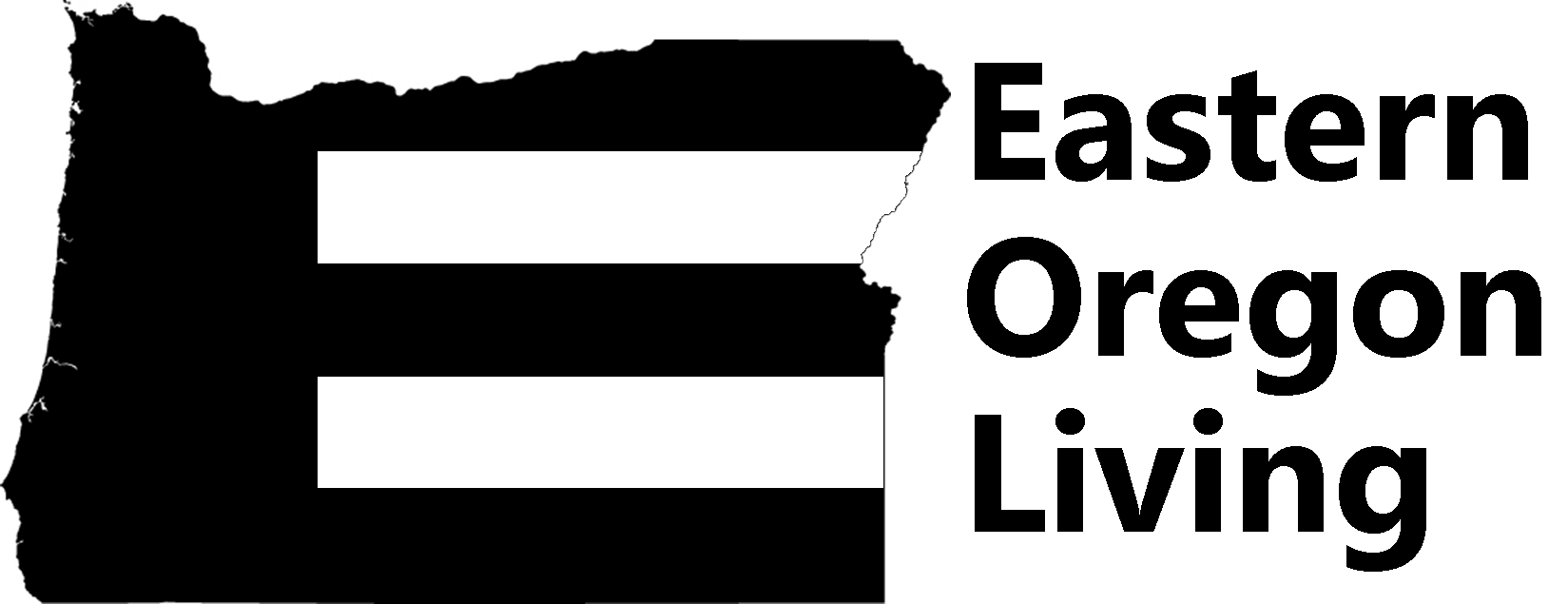
(Guest post.)
Moving to a new home means more than changing your address. As you grow older, relocating to a new area is one of the few opportunities to redefine your life — or at least parts of it that you wish to change. That is one of the main reasons people decide to move in the first place.
By moving strategically, you can improve the quality of your home in a major way. It’s no secret that some areas have higher property and living costs than others. And by moving to a lower-priced area, you may be able to afford a more luxurious home. How do you achieve this in practice? Read on to learn some valuable tips!
Moving Strategically: Researching Living Costs
When planning a move to a new area, it’s essential to research the place before moving to accurately determine the cost of living in your prospective location. This step is crucial because understanding living costs helps you create a realistic budget and make informed financial decisions. While lower living expenses can stretch your budget further, keeping expectations grounded is important—moving won’t magically allow you to afford a million-dollar mansion.
Start by creating a detailed budget that outlines your current financial situation and what you can afford. That budget will guide your choices and highlight areas where you might cut back to meet your financial needs. Once your budget is clear, delve into researching potential locations.
For each area, focus on analyzing key cost-of-living factors, such as:
- Cost of Living Index: Compare overall affordability between locations.
- Housing Costs: Evaluate rent or property prices.
- Utilities: Consider monthly expenses like electricity, water, and internet.
- Everyday Expenses: Include transportation, groceries, and dining out.
- Tax Rates: Account for local and state taxes that might impact your income.
Smaller towns often offer more affordable options than large cities, which often have higher property prices and transportation costs. To compare areas quickly and efficiently, use online tools and apps. Cost-of-living calculators, housing websites, and tax estimators are invaluable.
Don’t stop at data and numbers—explore community insights by joining social media groups, forums, or local chat groups. Engaging with residents provides practical, first-hand information about daily life, from hidden costs to the true vibe of the community, which may not be reflected in official statistics.
Adjust Your Expectations
Managing expectations and considering all expenses is crucial even when moving to a more affordable area. It’s not just about property prices and monthly living expenses.
As you settle into your new home, there will be other costs to consider. That includes the downpayment for a mortgage (if needed) and the funds you’ll need to furnish your new home. If you decide to hire professional movers, you’ll also need to consider their rates.
Wherever you’re moving, there’s no excuse for financial irresponsibility. Set a firm budget and stay within it to avoid financial problems down the line.
Setting Priorities Properly
Naturally, you can’t always get everything you want when you buy your next home. And if you’re looking for a new luxury home on a budget, you can’t expect perfection.
That’s why you’ll need to set your priorities straight before moving strategically and deciding what you can’t live without. Understanding your needs will help you decide on a home.
For starters, consider the major factors that people take into account when choosing residential properties, such as:
- Decent public transport connections
- Commute times to work
- Nearby parks and other natural areas
- Quality of nearby schools
- Safety
Depending on your lifestyle, some of these factors will be more important than others. If you work remotely, the commute time to the nearest urban area won’t be as important, and the local public transport will not be as important.
On the other hand, an individual or a couple without kids won’t be concerned with the distance from the nearest quality school. Also, as a younger person without children, you might be more willing to compromise with safety and invest in an up-and-coming area.
It’s all about aligning your priorities with the available offers and realizing what you’re ready to compromise on. That is essential because you’ll have to compromise, especially if you’re looking for a luxury home on a budget.
Once you’ve chosen a general area, contact a real estate agent with local experience. They’ll help you find the best offer for your needs and budget.
Creating a Moving Budget
Strategic moving can be expensive, especially if you need to furnish your new luxury home. However, you can control costs and avoid unnecessary financial issues with the right approach.
For starters, make a list of all the major moving expenses. These include everything from renting a truck to hiring a moving company and buying packing materials. Depending on your needs, you may also need to account for additional services — like cleaning and furniture removal.
Once you’ve got a rough estimate, consider ways to save money. Most people moving on a budget do not consider hiring professional movers and call their friends to help.
In practice, this is far from a budget-friendly option. You can’t rely on your friends to pack, move, and unpack everything professionally, so you’re losing much time on an amateur move. Plus, you’re responsible for anything that’s broken or damaged.
Instead, hire affordable but professional movers. Plan your relocation outside the moving season when movers are less busy. Most people relocate during the warm spring and summer when rates are usually higher.
Also, always set aside a part of your budget for unpredictable costs. You never know when you might need some extra money during a move.
Wrapping Up
Moving strategically to afford a luxury home is challenging. You’ll need to choose a home carefully and plan an affordable move. However, if you start working on your relocation on time and remain methodical, there’s no reason you can’t have your luxury on a budget.
In this process, you must carefully research all associated costs and choose your new location. That is the only way to get the home you deserve without endangering your financial stability in the long run.





